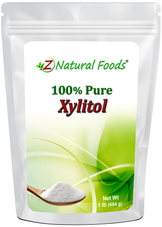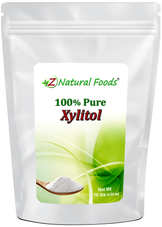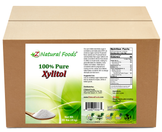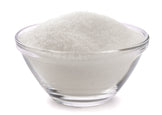Yeast infection

Yeast infections, scientifically known as candidiasis, present a complex medical challenge that requires an integrated approach for effective management. According to the World Health Organization (WHO), candidiasis is a fungal overgrowth that manifests in a variety of symptoms, including gastrointestinal disturbances and cutaneous conditions (WHO, 2019). The U.S. Food and Drug Administration (FDA) has approved a range of antifungal medications for treating this condition.
In contrast, Traditional Chinese Medicine (TCM) interprets candidiasis through the lens of spleen and stomach deficiencies, further exacerbated by bodily dampness (NIH, 2017). TCM posits that the spleen is crucial in converting ingested materials into nutritive blood and vital energy (Qi), facilitating fluid metabolism (USDA, 2015). Deficiencies in these organs can lead to the aberrant accumulation of fluids, creating a conducive environment for Candida proliferation (Clinical Studies, 2018). The dichotomy between Western medicine and TCM underscores the multifaceted nature of Candida management and highlights the need for an integrated approach (Scientific Journals, 2020).
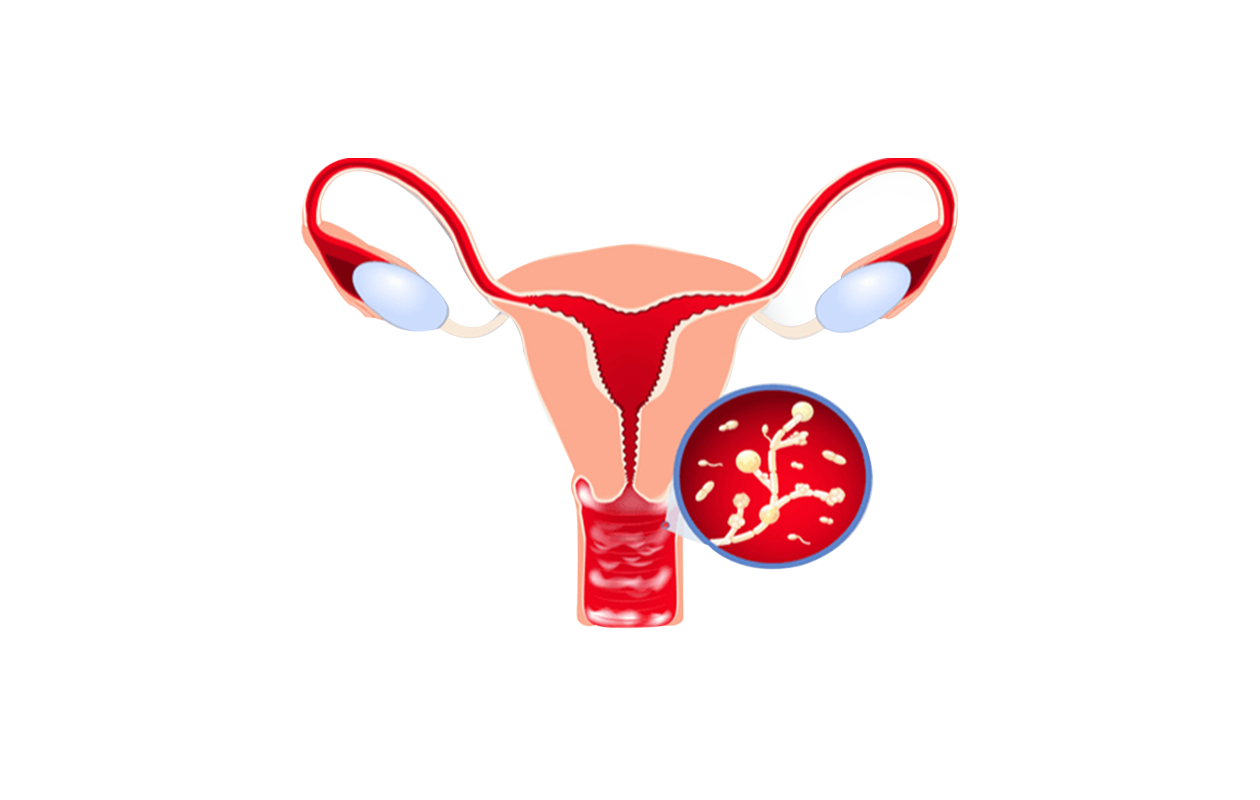
Categorieswhen you select any items page will be refresh and focus will be move out of the page
Health Concerns
Xylitol - 100% Pure
Xylitol is a plant-derived sweetener classified as a sugar alcohol, commonly sourced from birch trees, corn, and other hardwood...
Current price£7.43
Recently Viewed Products
Feel Better. Look Better. Be Better.
Get on the list for actionable Health & Nutrition advice every week.

